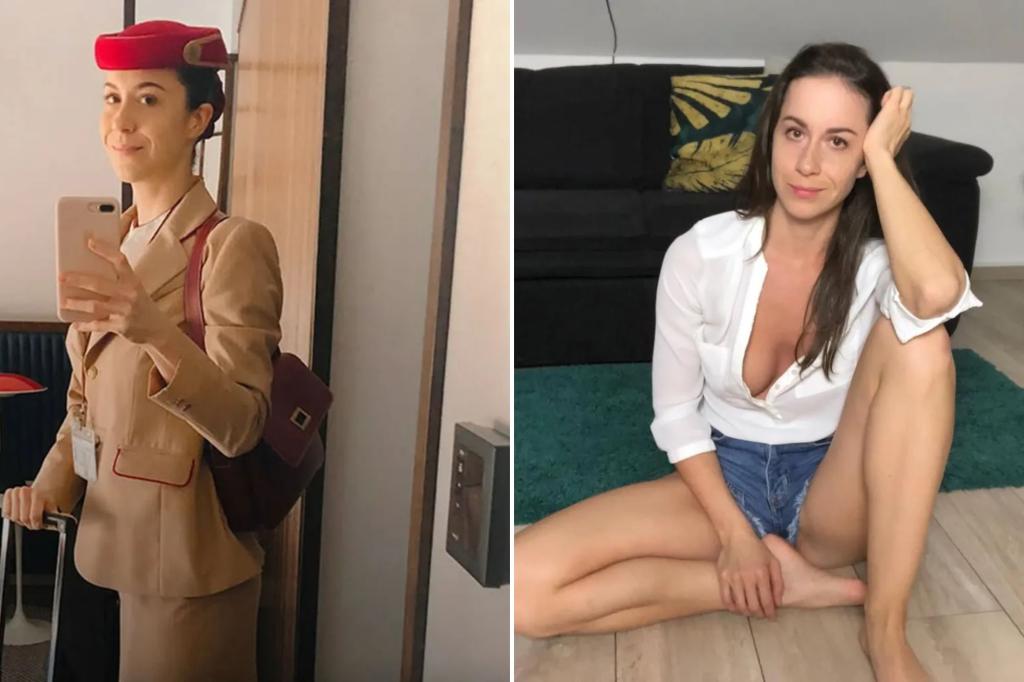Former Emirates flight attendant Marika Mikusova has shared a four-step technique to defuse inflight altercations with passengers. This method, known as LEAP, involves listening, empathizing, asking open-ended questions, and paraphrasing. Mikusova explains that it is essential to make the passenger feel heard and understood in order to prevent situations from escalating. By crouching down to the passenger’s level and using appropriate body language, flight attendants can convey empathy and a willingness to resolve issues.
Active listening is a key component of Mikusova’s method, as it allows passengers to vent their frustrations without interruption. Nodding and showing understanding can help passengers feel valued and may prevent conflicts from worsening. In cases where listening is not sufficient, asking open-ended questions can help identify the root of the problem and allow the passenger to express their feelings fully. Summarizing the passenger’s concerns at the end of the conversation can leave them feeling acknowledged and relieved.
In situations where verbal de-escalation techniques fail, flight attendants may need to resort to physical restraint measures. Mikusova mentions that flight crews often carry tools like cable ties, handcuffs, seatbelt extensions, and duct tape to restrain unruly passengers. These measures are crucial in extreme cases where passengers become physically aggressive or pose a threat to the safety of the aircraft and other passengers. In recent years, there have been incidents of passengers attempting to open emergency exits midflight, highlighting the importance of having proper restraint measures in place.
Mikusova compares the role of flight attendants in managing disruptive passengers to that of a kindergarten teacher. By maintaining a calm and understanding demeanor, flight attendants can effectively navigate tense situations and prevent them from escalating further. The goal is to make passengers feel heard, respected, and ultimately satisfied with the resolution of their complaints. Despite the emotional toll that dealing with unruly passengers can take on flight attendants, it is a necessary part of ensuring the safety and security of everyone onboard.
Listening without interruptions, using appropriate body language, asking open-ended questions, and summarizing the conversation are key steps in Mikusova’s method for handling inflight incidents. Flight attendants are trained to defuse situations with unruly passengers in a calm and professional manner, prioritizing the safety and comfort of all passengers. Physical restraint measures may be necessary in extreme cases to prevent disruptive behavior from endangering the flight. By following these strategies, flight attendants can effectively manage challenging situations and maintain a peaceful environment onboard the aircraft.


